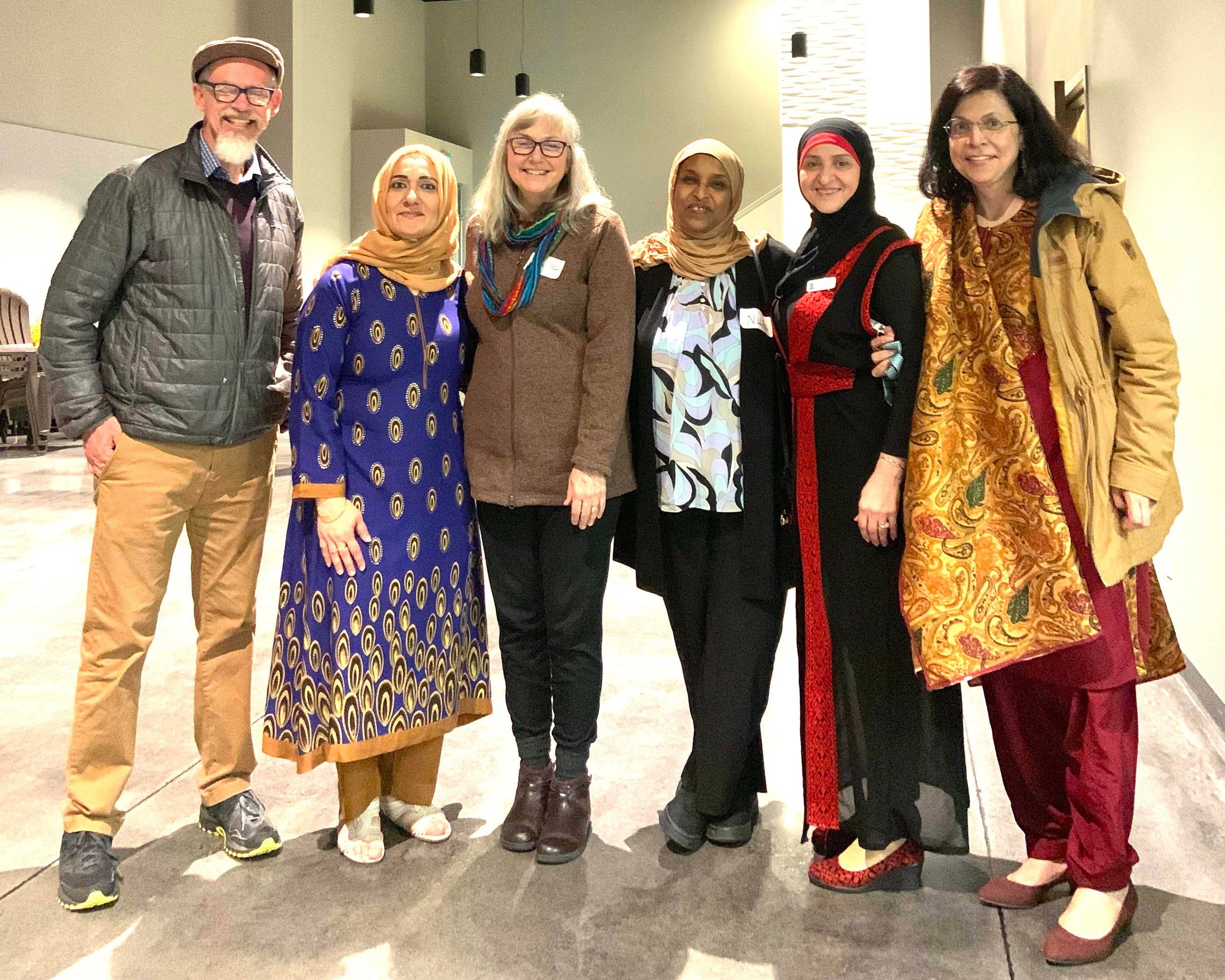Peacemaking and Justice: Tipping the Scales Toward Loving Relationships
“If you want peace, work for justice!” So said Pope Paul VI, and so I agree. Justice is a crucial component of peacemaking. But the struggle for justice must be placed within the overarching framework of God’s loving, reconciling purposes. In other words, the scales of God’s justice tip in the direction of loving relationships.
To illustrate, let me compare two definitions of justice: retributive justice with restorative justice.
Retributive justice focuses on punishment of wrong doing that is proportionate to the crime: “an eye for an eye and a tooth for a tooth.” Retributive justice curbs the excesses of revenge.
Restorative justice has become an increasingly popular alternative to retributive justice. This was modeled in South Africa under the leadership of Bishop Desmond Tutu. South Africa rejected the two extremes of blanket amnesty and the retributive model illustrated in the Nuremberg trials after World War 2. In his book, No Future Without Forgiveness, Tutu explains,
There is another kind of justice, restorative justice, which was characteristic of traditional African jurisprudence. Here the central concern is not retribution or punishment. In the spirit of ubuntu, the central concern is the healing of breaches, the redressing of imbalances, the restoration of broken relationships, a seeking to rehabilitate both the victim and the perpetrator, who should be given the opportunity to be reintegrated into the community he has injured by his offense (Tutu 2000:54).
So how does God’s Word evaluate these definitions? Retributive justice is the focus of Old Testament law (and most Western legal systems). Restorative justice, with its more relational emphasis, better reflects the New Testament emphasis on reconciliation. Whereas retributive justice restrains evil, restorative justice overcomes evil with good — by seeking to restore community.
Restorative justice better reflects the New Testament focus on reconciliation and the work of peacemaking. And please note: restorative justice is not just a “nice” Christian “theory” of justice. It is political and practical – implemented in the midst of the blood and brokenness of South Africa. For further study of this topic you may want to check out www.restorativejustice.org.










